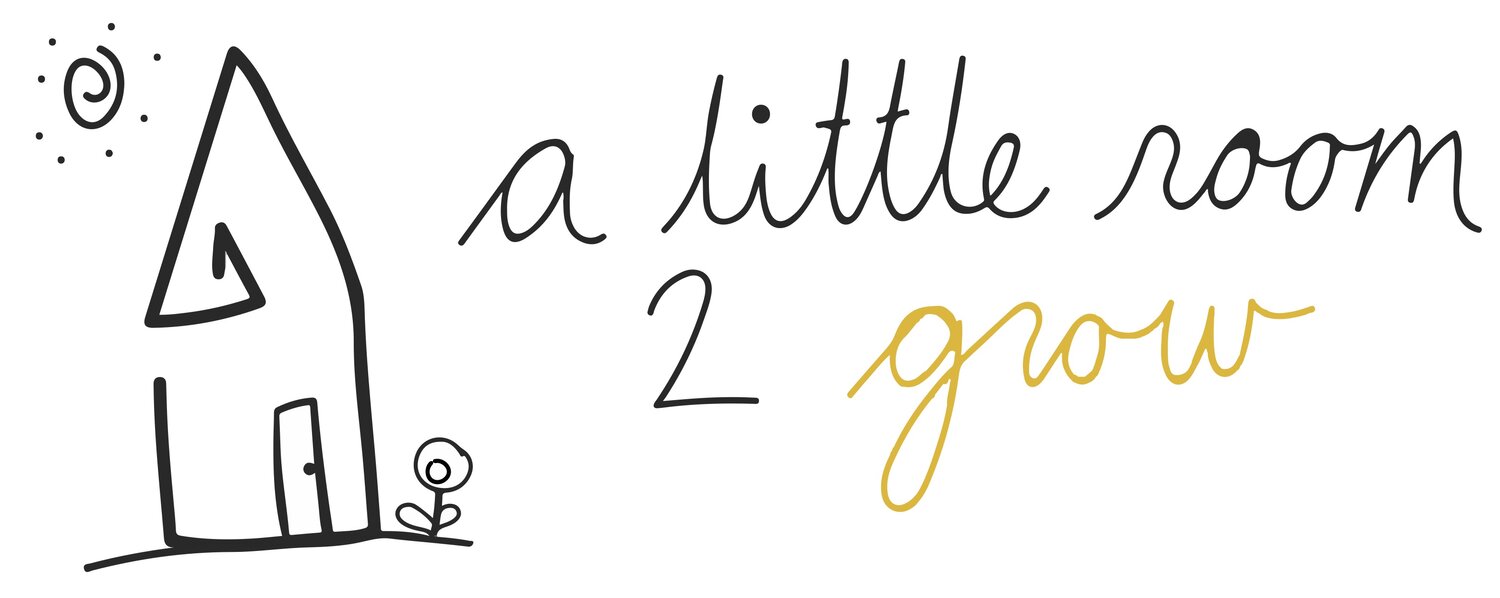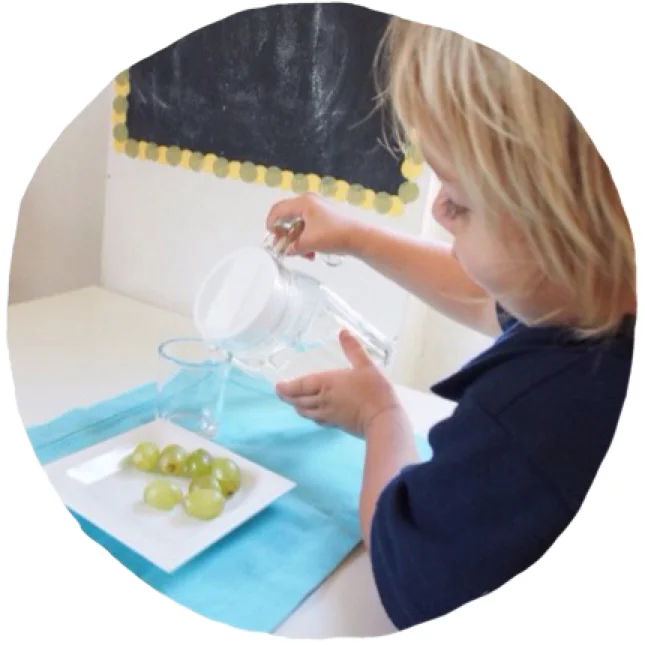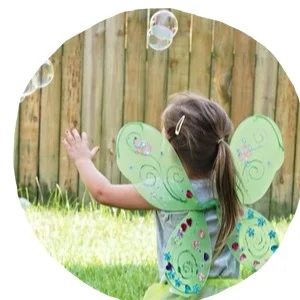How to Create a Montessori-inspired Playroom for toddlers and preschoolers.
/Montessori playroom for toddlers and preschoolers
The setup of a child’s playroom makes a huge difference in how often they choose to play in it or not… but if done right, huge rewards are captured for the growing child and parent.
So, briefly, lets chat about the Montessori environment in which every piece of furniture is specifically designed to be within reach of the growing child with lessons placed neat and orderly. The lessons are "learning games" and are design to attract and invite the child to explore with it.
We will use this awareness to bridge the gap from a Montessori environment to the home environment.
Doing so, will equip you with the ability to create a simplistic and inviting play-space that will foster your child’s internal desire to explore and play while building vocabulary and problem solving skills but most importantly creativity in the home environment.
@@5 Steps to Create a Montessori-Inspired Playroom that will cultivate your child's creativity@@
1. De-clutter: All too often I have gone into clients’ home to find that this number 1 rule is absolutely overlooked!!! Hanging on to every toy without any organization makes it extremely difficult to inspire play. So, let’s keep it simple… and rid of any toys, games, activities that are not age appropriate or no longer hold your child’s interest.
It is important that you’re selective about what stays and goes. The key is to have versatile, durable and interactive options for your child then present them in an organized way!
2. Mini Storage or Rotation Station: Next we want to make space for what I call the “Rotation Station”. This awesome little space will help you keep your child’s toys versatile, simple and help maintain a clutter free play space.
So, find a small storage place like a closet that your child is not likely reach. The purpose of a Rotation Station is to store away toys and games that are to advance and/or your child doesn’t show interest for the moment.
You will also use the Rotation Station to rotate toys to keep the room simplistic and interesting for your little one. It’s not necessary to keep all the toys your child owns on the play shelf. Keeping the play shelf simple will make it easier for your child to clean up independently. Also, this will help you observe and manage what keeps your child entertained. Simplicity is key!
Here are some suggested ideas to consider:
- Cozy area for Reading
- Variety of Fiction and Non-Fiction Books
- Small Mirror and Dress-up Clothes
- Low and Open Shelving for Toys
- Activity Table (for writing & coloring etc.)
- Open Floor Space for Gross Motor Movement
- Small Baskets (for groups of toys like blocks, etc.)
- Your Child’s Favorite Toys
- Interactive Toys (stacking and building toys)
- Wooden Toys (puzzles, blocks, cars and dolls)
- Craft Materials (paper, crayons etc.)
- Safe Hide-out Area (tent, canopy or cardboard box)
3. Gather: Hang in here with me, we are almost done! Next, Gather and categorize belongings you plan to keep separate the toys you’re not sure to keep. The toys you play to keep categorize them into groups (puzzles, blocks etc.).
Place them in individual containers like shallow baskets or stationary bins. The toys you aren’t sure about place in the rotation station and see how your child does without them for some time. You can always introduce again when it’s time to add a fresh toy on the shelf. Then that will be the true test.
4. Placement: Children are very sensitive and love being close to their loved ones, so consider a spot where your family enjoys the majority of the time throughout the day and set-up a small play space there. Remember, to consider natural lighting, as it opens up the space and adds an inviting feel for your growing child. (A picture would be great here)
5. Se-Up: Take all the toys you have categorized (in step 3) into small baskets or stationary containers and place them on the empty play shelf. Continue to fill up the shelf with a variety of toys for your child to engage in. Remember to keep it simple and accessible for your little one to take and out away independently. When children's belongings have specific spot they tend to remember where it belongings and are more likely to clean up on their own.
Reorganizing a play space can be an over whelming task to accomplish. But if you task the time out to create a simplistic play space you won’t regret it. So strap on your seat belt, power up and go for it. I always suggest to start this task when your child isn’t around. It will be support an easier transition into a new space. Besides it difficult to accomplish this task while your child undoes everything you do. The goal of this space to foster creativity and independence right at home.
Click the links below to view a few suggested items.



The Montessori Method make the difference in how a playroom is set up... offten determines how often your child plays in it or not at all.